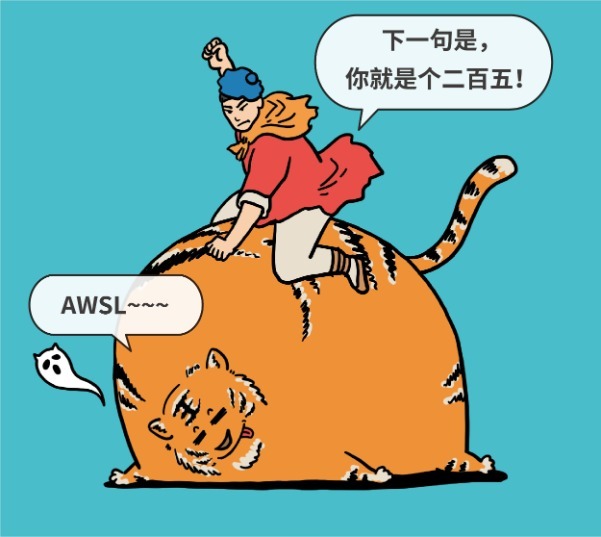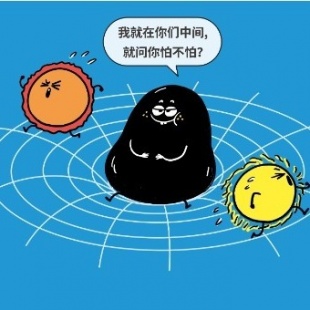Illustrating science for all


Li has read zoology theses to sift out the knowledge that he wants to present in a book. Then, he needs to rack his brains to figure out an excellent story to share the knowledge with his readers.
For example, while the male emperor penguins are hatching eggs at home, it's the female's responsibility to go out to search for food. It takes as long as four days for some to return. Then, they would vomit up the fish to feed their newborn baby.
It's an interesting story when demonstrated in drawings. When the baby penguin asks the mother why the fish tastes stale, just like it's been made four days ago, the mother simply answers: "I just vomited it up."
Li has finished a new set of comic books for children, introducing frontier technologies such as quantum theory and gene editing, which is yet to come out and fill a gap in the market.
"While adults have various ways to know about frontier technologies, most children's books only introduce scientific knowledge that's at least half a century old," he says.
"Many writers of children's books are not experts in science, and authors of frontier-science books usually consider only adults as their readers."
Some adults show interest in science after reading or watching sci-fi novels and movies. But in their school days, they might have found physics and chemistry boring.
Li says it is important to create that interest among children and teenagers and the "traditional spoon-feeding education won't make it".





































